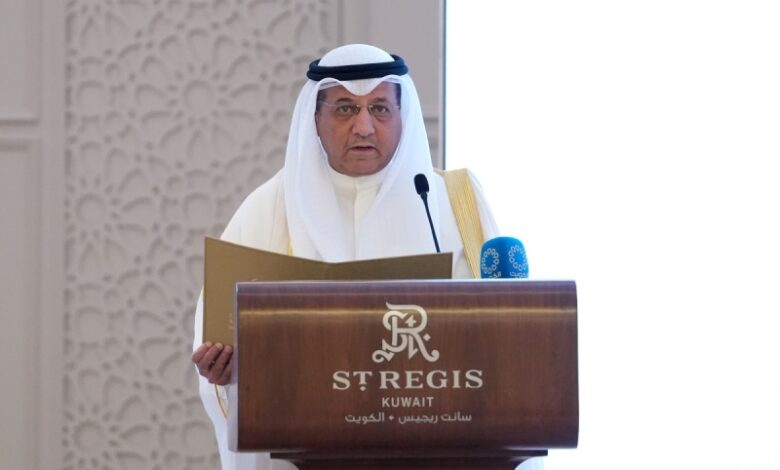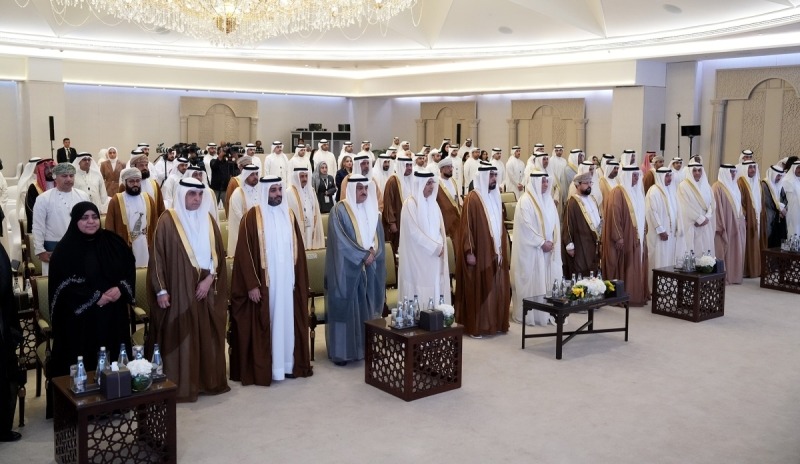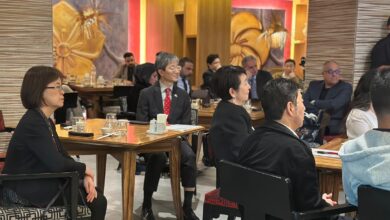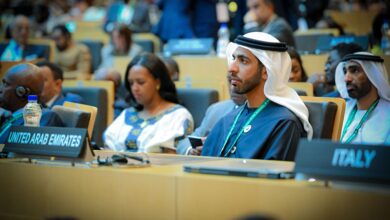GCC judicial leaders convene in Kuwait to strengthen regional legal, legislative systems
Event provided a critical platform for GCC countries to strategize, exchange knowledge, and enhance their collective capacity to confront emerging criminal and legal challenges, ensuring that the region’s judicial systems remain robust and future-ready.

The President of the Supreme Judicial Council and President of the Court of Cassation, Counselor Dr. Adel Bouresli, emphasized the urgent need to build a Gulf judicial and legislative system capable of keeping pace with rapid international and regional developments. His remarks came during the first Gulf conference titled “The Future of Judicial, Legal and Legislative Cooperation in the Gulf Cooperation Council”, hosted in Kuwait and attended by the heads of Supreme and Cassation Courts across GCC member states.

Dr. Bouresli described the conference as a practical embodiment of the GCC leaders’ vision to strengthen joint Gulf action and promote unity and integration in all areas. He expressed hope that the event would help establish a judicial and legislative framework that preserves justice, ensures legal security, and meets the evolving demands of the GCC nations.
Highlighting the conference’s objectives, Bouresli said it seeks to deepen justice and equity, enhance judicial efficiency, and develop the capabilities of judges and their assistants. The focus is on delivering swift and effective justice that protects rights, preserves gains, and defends freedoms while remaining aligned with global developments in legal practice.
The conference’s discussions addressed key challenges facing GCC judicial and legal systems, aiming to produce practical and scientific outcomes. These insights are expected to open new avenues for future judicial, legal, and legislative cooperation while strengthening the GCC’s regional and international standing.
Counselor Bouresli expressed pride in the Gulf’s active participation and collaboration with the GCC General Secretariat, noting that the exchange of expertise and best practices would enrich the legal and judicial discourse in the region.
Advisor Sultan Al Suwaidi, Assistant Secretary-General for Legislative and Legal Affairs at the GCC General Secretariat, emphasized that the conference reflects the growing focus of GCC states on judicial and legal development. He highlighted the importance of establishing cooperation mechanisms to share expertise and enhance professional standards across judicial bodies.
Al Suwaidi added that the conference’s themes—including the implementation of judicial rulings, extradition of criminals, and use of modern technologies and artificial intelligence in justice—elevate the event to a high-level platform for unifying efforts among GCC justice agencies.
He also expressed gratitude to His Highness the Amir of Kuwait, Sheikh Mishal Al-Ahmad, for Kuwait’s ongoing support and patronage of joint Gulf initiatives, calling the conference a tangible outcome of these collaborative efforts and a milestone in advancing judicial and legal cooperation in the GCC.
Judge Dr. Hatem Ali, Regional Director of the UN Office on Drugs and Crime (UNODC) for GCC countries, stressed the conference’s significance in developing a cohesive legislative and judicial strategy across the region. He noted that modern crime has become highly sophisticated, transcending national borders and traditional frameworks, necessitating advanced regional cooperation and expertise transfer.
Dr. Ali concluded that the event provides a critical platform for GCC countries to strategize, exchange knowledge, and enhance their collective capacity to confront emerging criminal and legal challenges, ensuring that the region’s judicial systems remain robust and future-ready.












